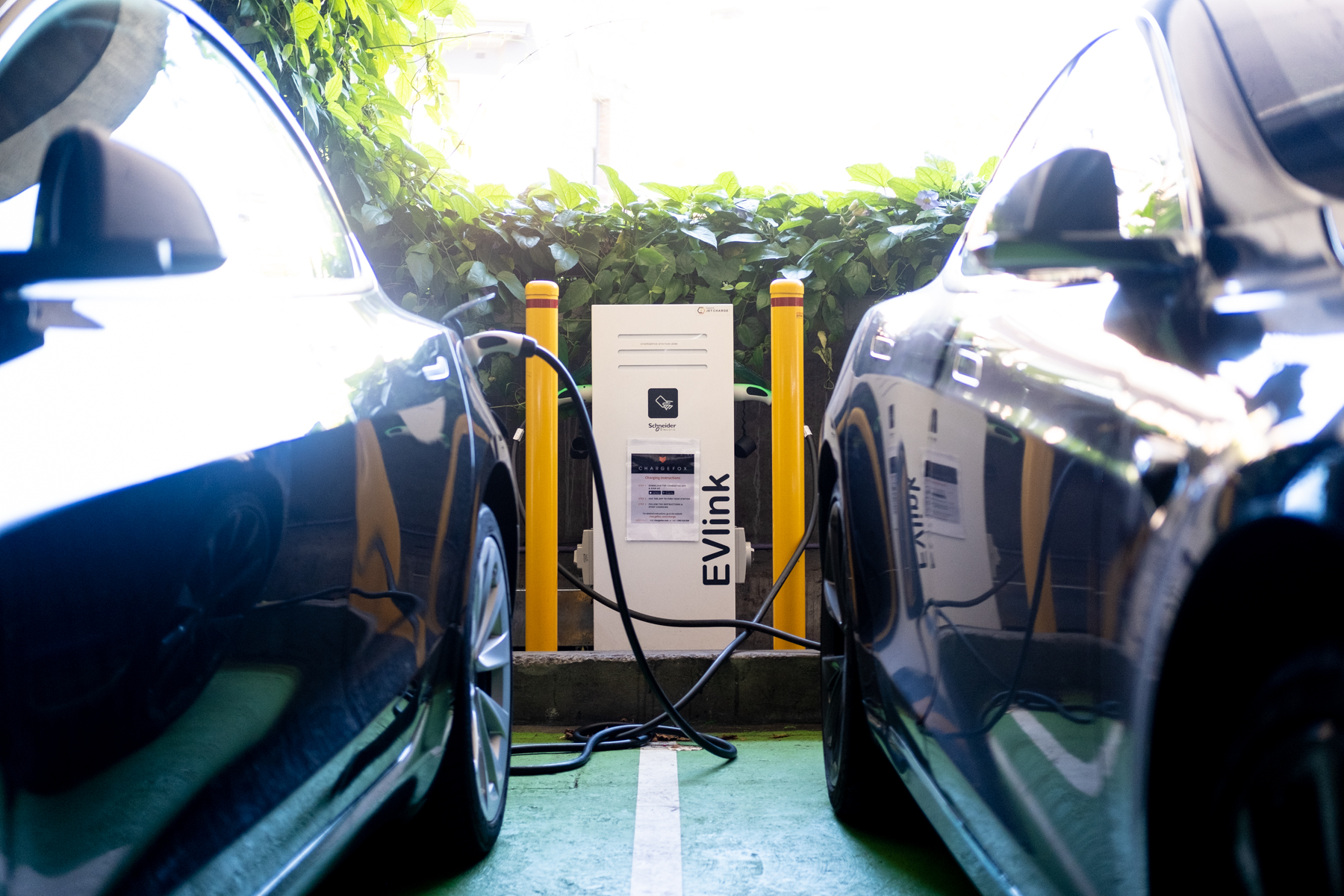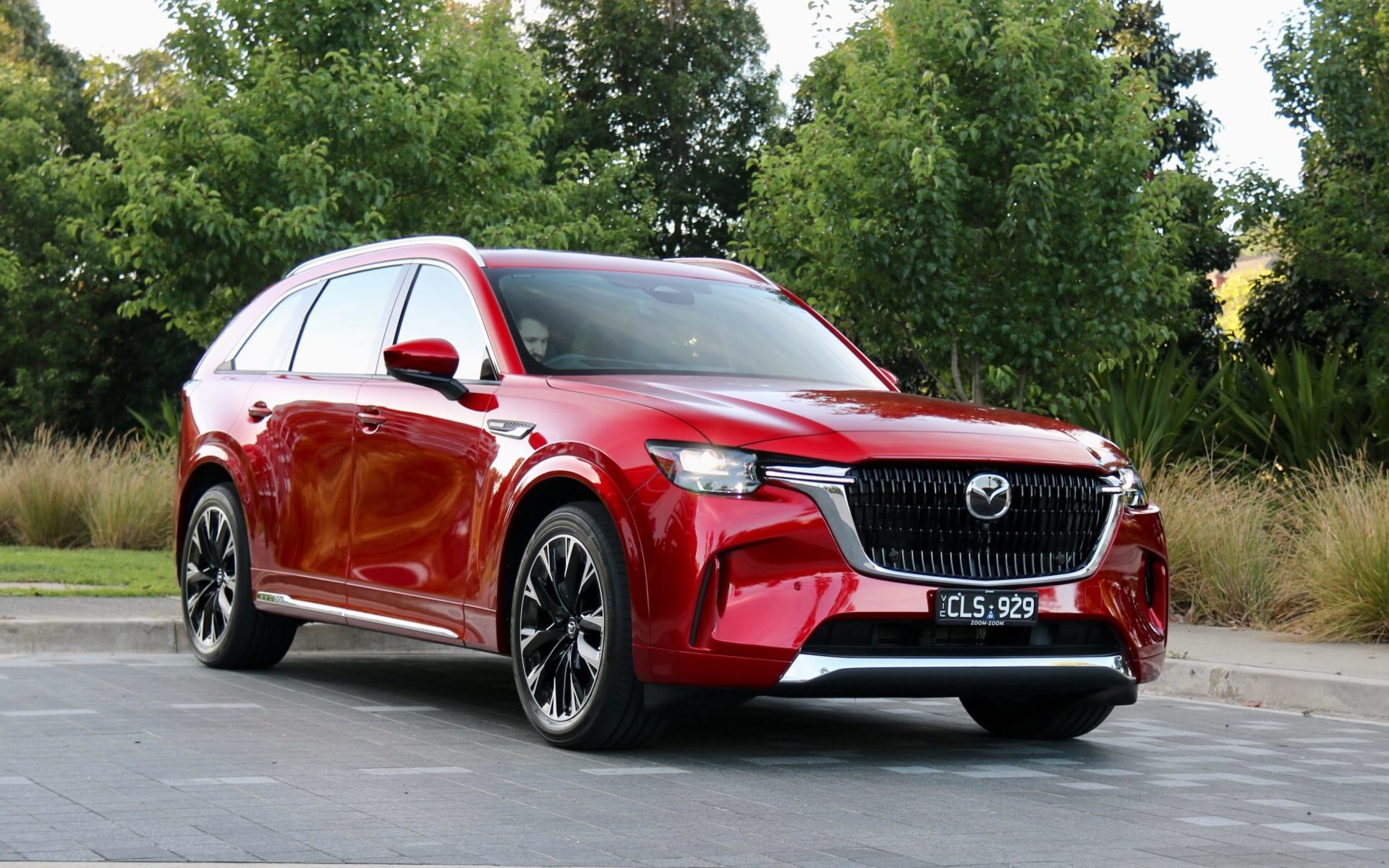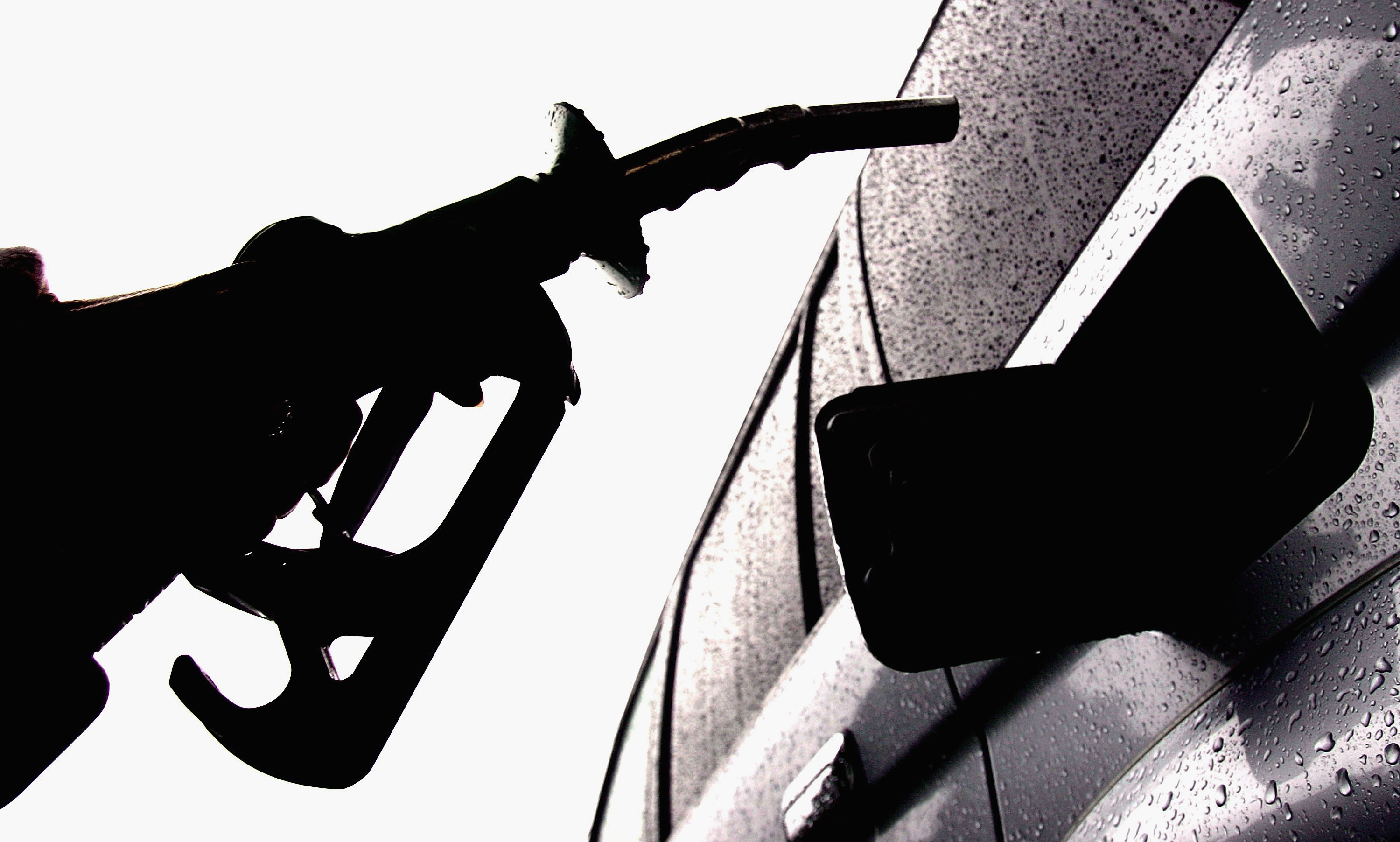
The rising cost of fuel is the “greatest concern” to households, with almost $400 spent on transport costs each week.
A report released by the Australian Automobile Association this week has found Australians are spending 14.7 per cent of their income on transport costs, with data from the peak body showing the number has risen from just 12.8 per cent of income since the second quarter of 2017.
“Rising fuel prices continue to be a significant contributor to cost of living pressures across both regional and metropolitan Australia,” said AAA Managing Director Michael Bradley.
“Fuel costs have risen an average of $26.49 to $93.87 per week over the past twelve months in capital cities with Hobart ($100.18 pw), Sydney ($94.80 pw), Darwin ($94.36 pw) and Brisbane ($93.93 pw) the most expensive cities,” he said.
“Regionally costs are more expensive rising on average $27.89 to $96.65 per week with Bunbury ($116.31 pw), Geelong ($110.69 pw – Melbourne was $92.07) and Launceston ($109.37) the highest.”
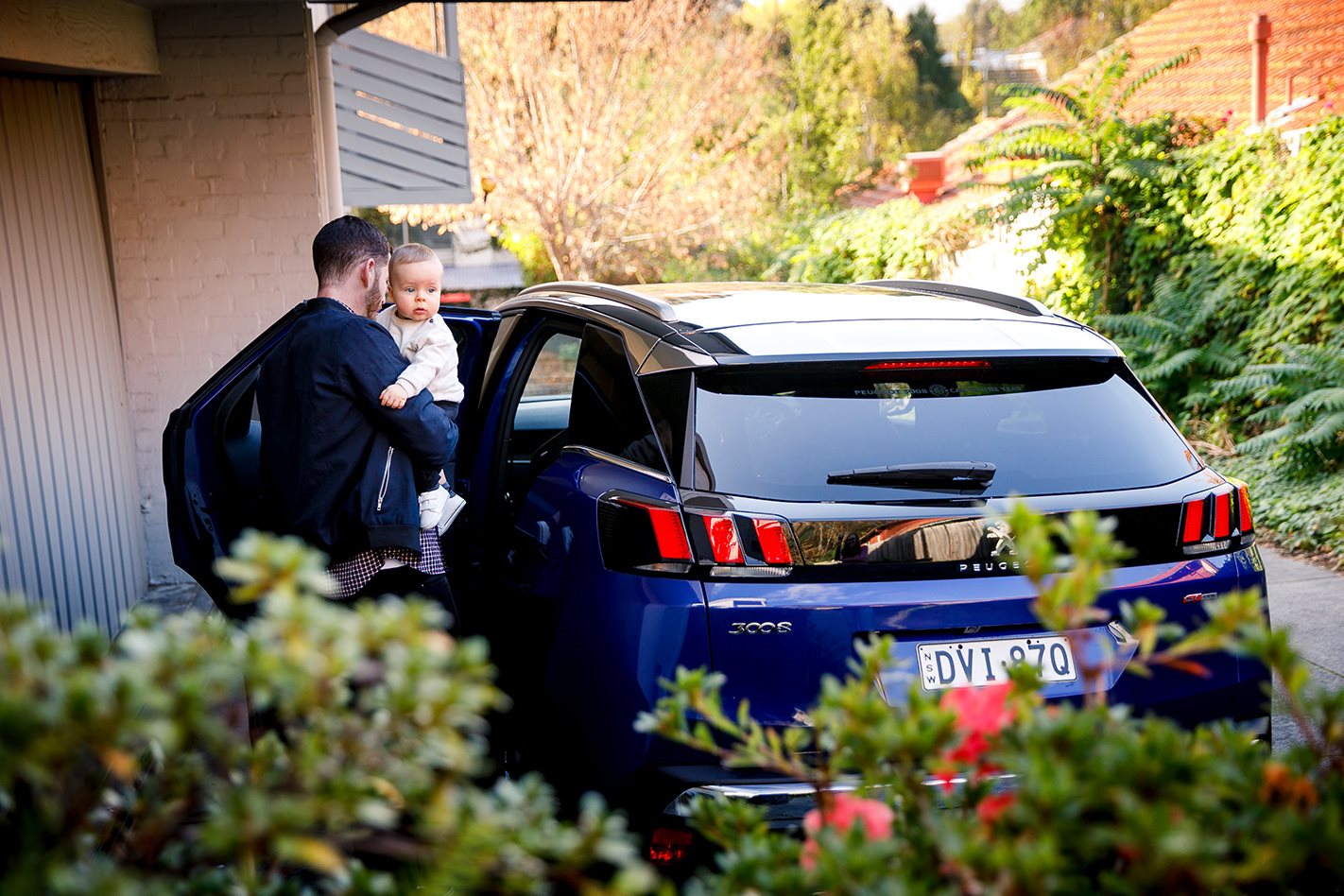
Online financial broker Savvy found 51 per cent of Australian drivers surveyed are planning to change their behaviour or drive less – however, those who rely on their car for work will be hit the hardest.
“Tradespeople and those who work outdoors are reliant on their ute or car to turn a profit or make their weekly wages. This will just add to the woes of the working class who are already feeling the brunt of rising grocery costs.” Savvy Managing Director Bill Tsouvalas said.
“Thirty per cent of respondents said they’ll just ‘absorb’ the increase. Tradespeople do not have that luxury,” he added.
Rising fuel costs were found to be the “greatest concern” to 64 per cent of respondents.

But while inflationary pressures and the Ukraine conflict have pushed the price of oil higher, it seems companies such as Shell are benefitting most.
According to Bloomberg, the oil giant posted a US$3.9 billion (AU$5.5bn) profit in the first quarter of the year, despite exiting the Russian market.
The Federal Government halved the fuel excise in late March to help reduce cost-of-living pressures for Australian families, but despite dropping 22 cents per litre, the national average price of unleaded petrol remains at 178.2c/L according to the Australian Institute of Petroleum.
We recommend
-
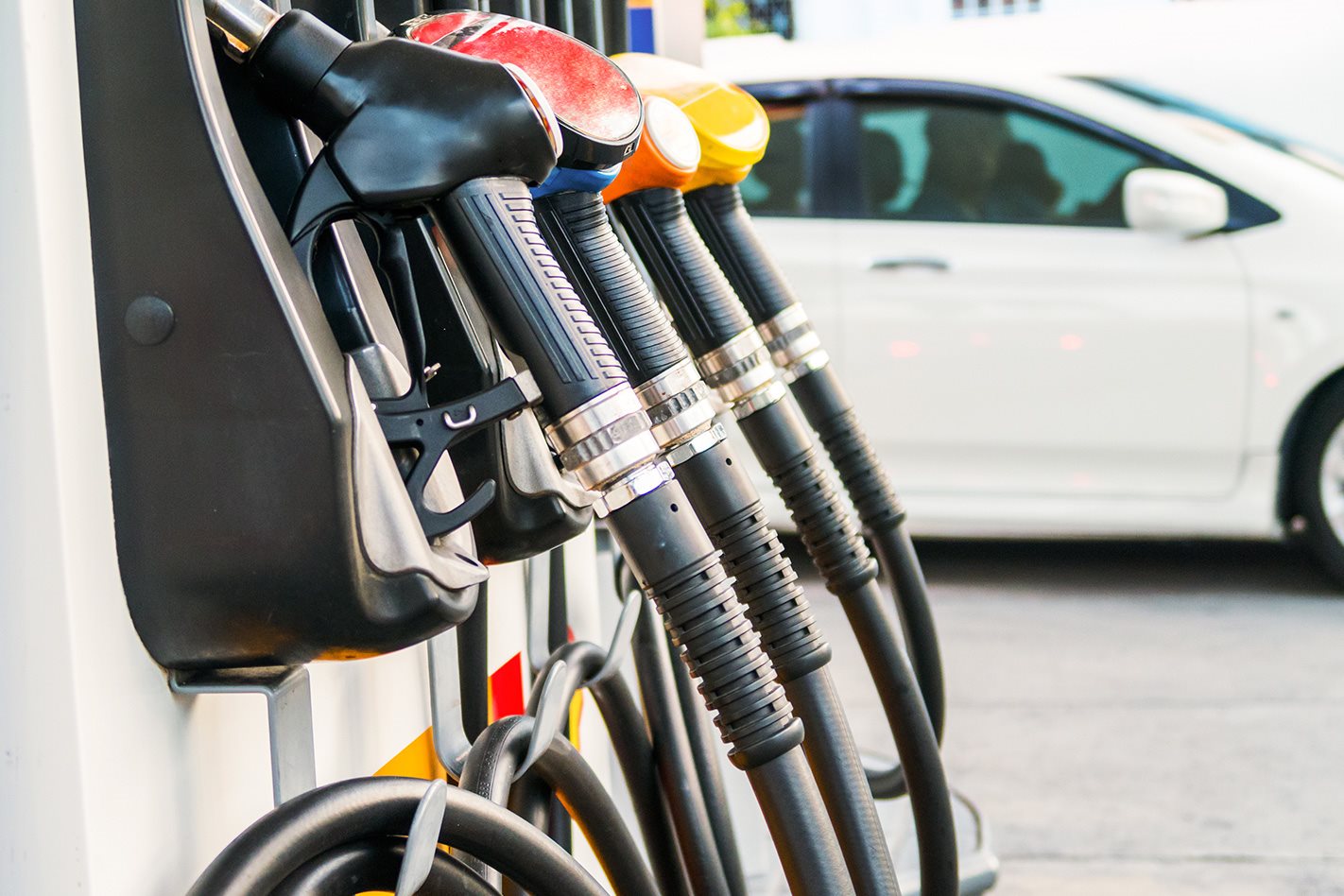 News
NewsFederal Budget: Fuel excise slashed to help ease impact of rising prices
Treasurer Josh Frydenberg made the announcement on Tuesday night as part of his government's fourth budget
-
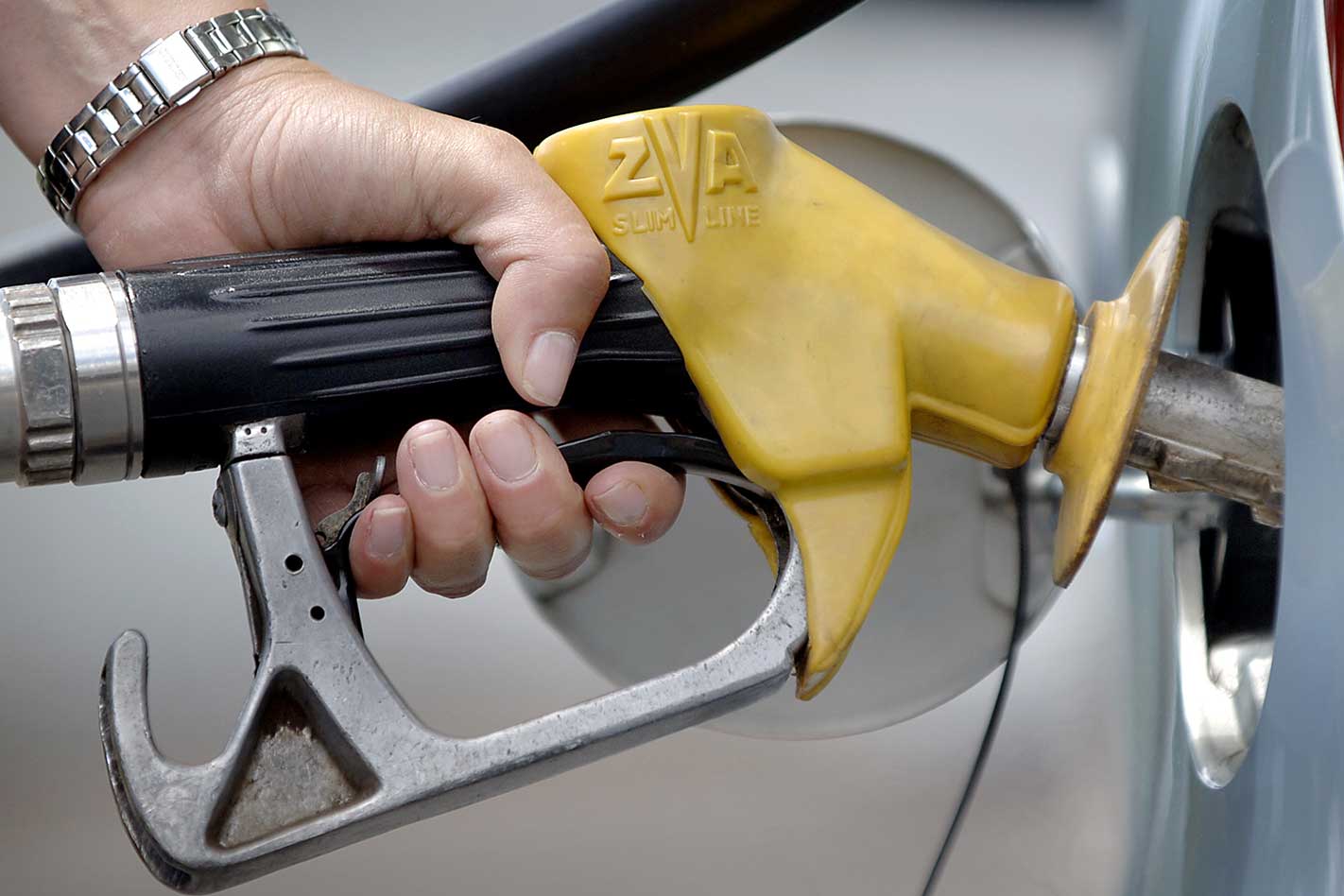 News
NewsAustralian average fuel prices hit all-time high
We're not far away from passing 180 cents per litre
-
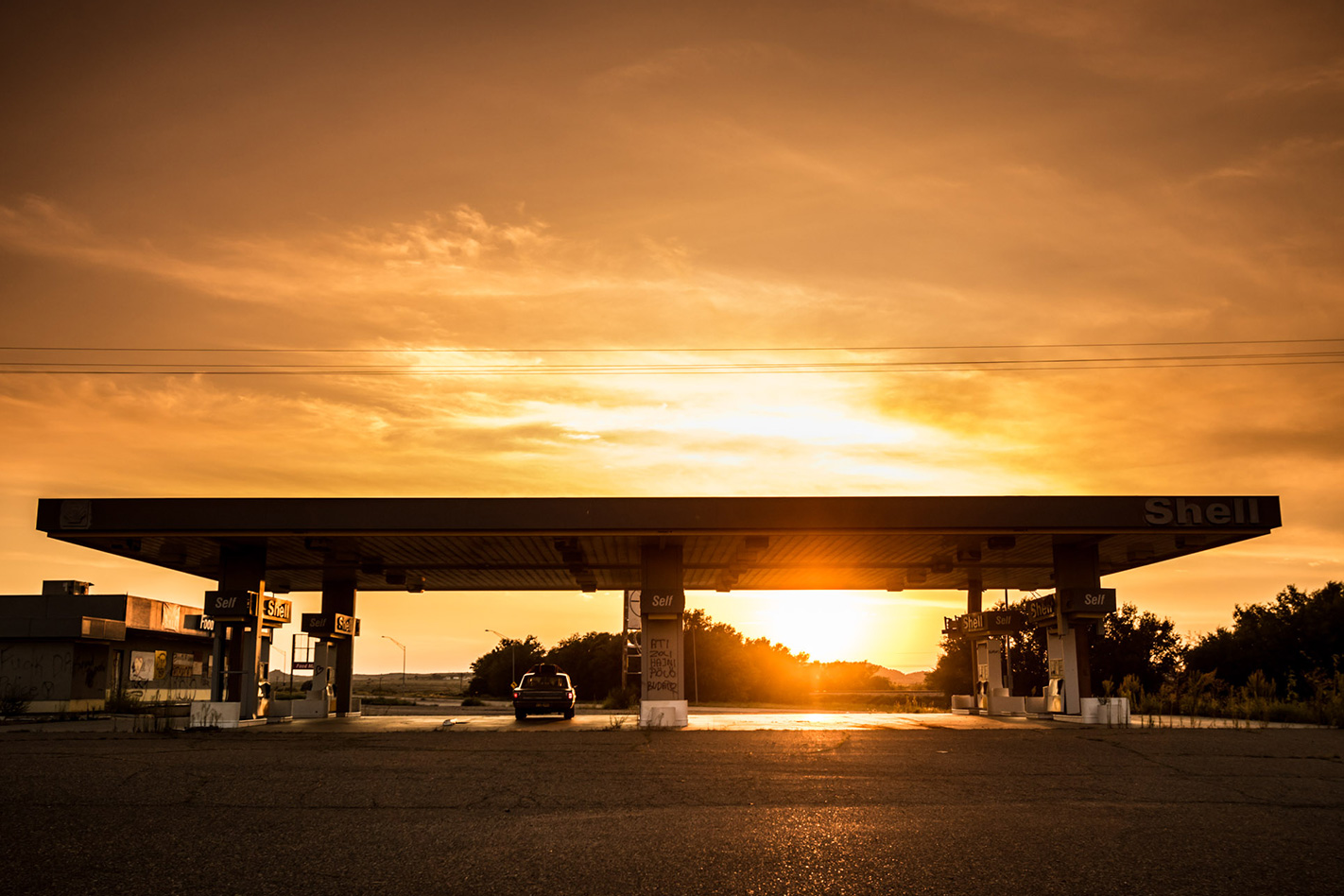 News
NewsNo relief in sight: Aussies could soon be paying $2.20 per litre for unleaded
Fuel prices might seem expensive now, but experts are warning this could be as good as it gets


